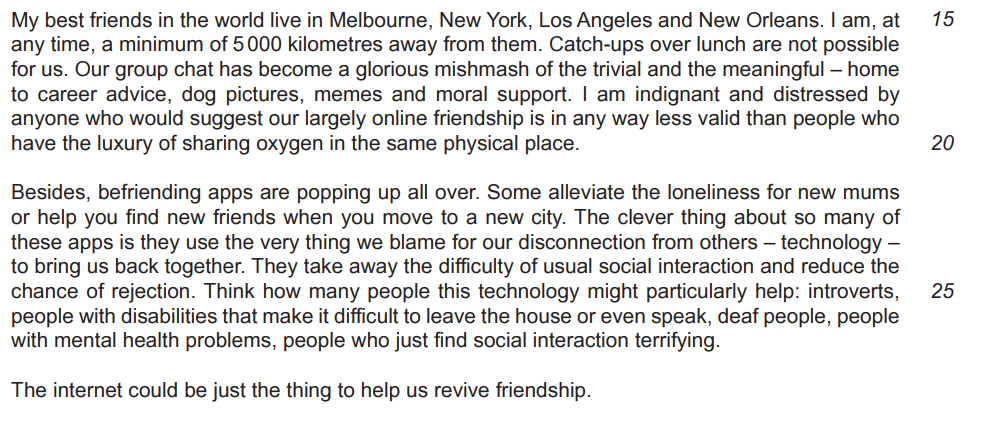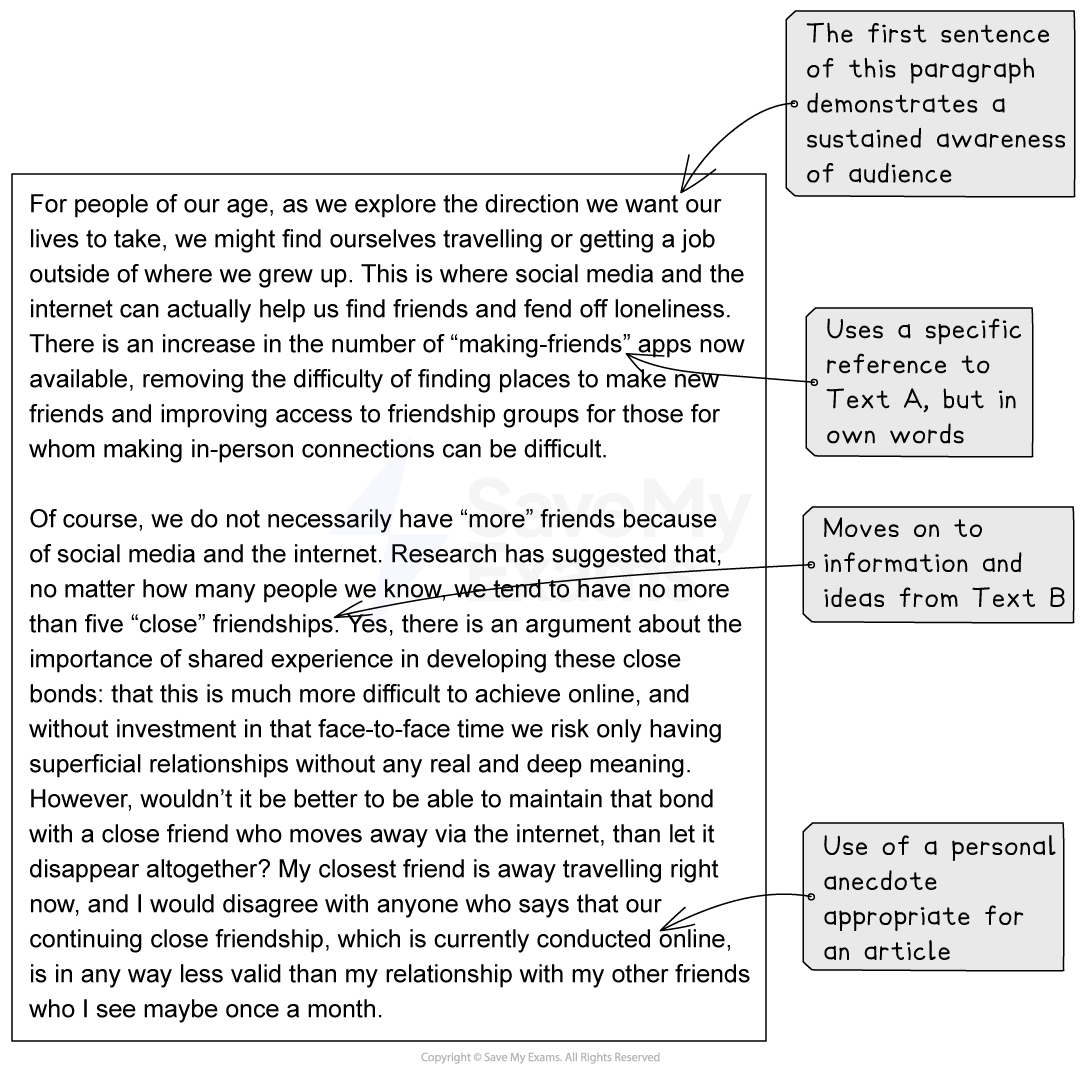|
The Muddling of Modern Friendships
We live in challenging times. Feelings of loneliness, isolation and disconnection rose sharply during the pandemic, leading to a significant increase in mental health issues, and all too often the blame is placed firmly at social media’s door. But maybe traditional notions of friendship need to now be re-evaluated in this post-Covid and internet-driven world? We all use it, so is it maybe time to stop blaming social media, and start thinking more about how we can use it to positively influence our friendships?
Much of the prejudice against online friendships, mainly directed at the rise in the use of social media, tends to come from generations who have not grown up with the internet and who have not experienced it like our generation has. Lockdown has shown us just how important our online connections and friendships are, as without this way of keeping in touch, we all would have been truly isolated. “Online friendship” and “offline friendship” is somewhat of a false distinction: one shouldn’t be seen as better than the other, as technology is now able to bring people together in more ways than ever before. Social media can actually help people to find friends, without the restrictions of geographical location. Friendships can be made and maintained over vast distances, and as we become more confident in the ways our online selves can emulate our offline selves, social media becomes an ever more rich and enriching platform for friendship.
For people of our age, as we explore the direction we want our lives to take, we might find ourselves travelling or getting a job outside of where we grew up. This is where social media and the internet can actually help us find friends and fend off loneliness. There is an increase in the number of “making-friends” apps now available, removing the difficulty of finding places to make new friends and improving access to friendship groups for those for whom making in-person connections can be difficult.
Of course, we do not necessarily have “more” friends because of social media and the internet. Research has suggested that, no matter how many people we know, we tend to have no more than five “close” friendships. Yes, there is an argument about the importance of shared experience in developing these close bonds: that this is much more difficult to achieve online, and without investment in that face-to-face time we risk only having superficial relationships without any real and deep meaning. However, wouldn’t it be better to be able to maintain that bond with a close friend who moves away via the internet, than let it disappear altogether? My closest friend is away travelling right now, and I would disagree with anyone who says that our continuing close friendship, which is currently conducted online, is in any way less valid than my relationship with my other friends who I see maybe once a month.
Social media can affect friendship, and not always in a positive way. But people drift apart in real life as well, and in an increasingly connected world, the nature of friendship itself is changing. Changes in how society itself operates, such as the increasing automation of everyday interactions, is as much to blame for feelings of loneliness and isolation as the internet and social media. In my opinion, safely and with responsibility, it is therefore more essential than ever before to embrace it.
|









